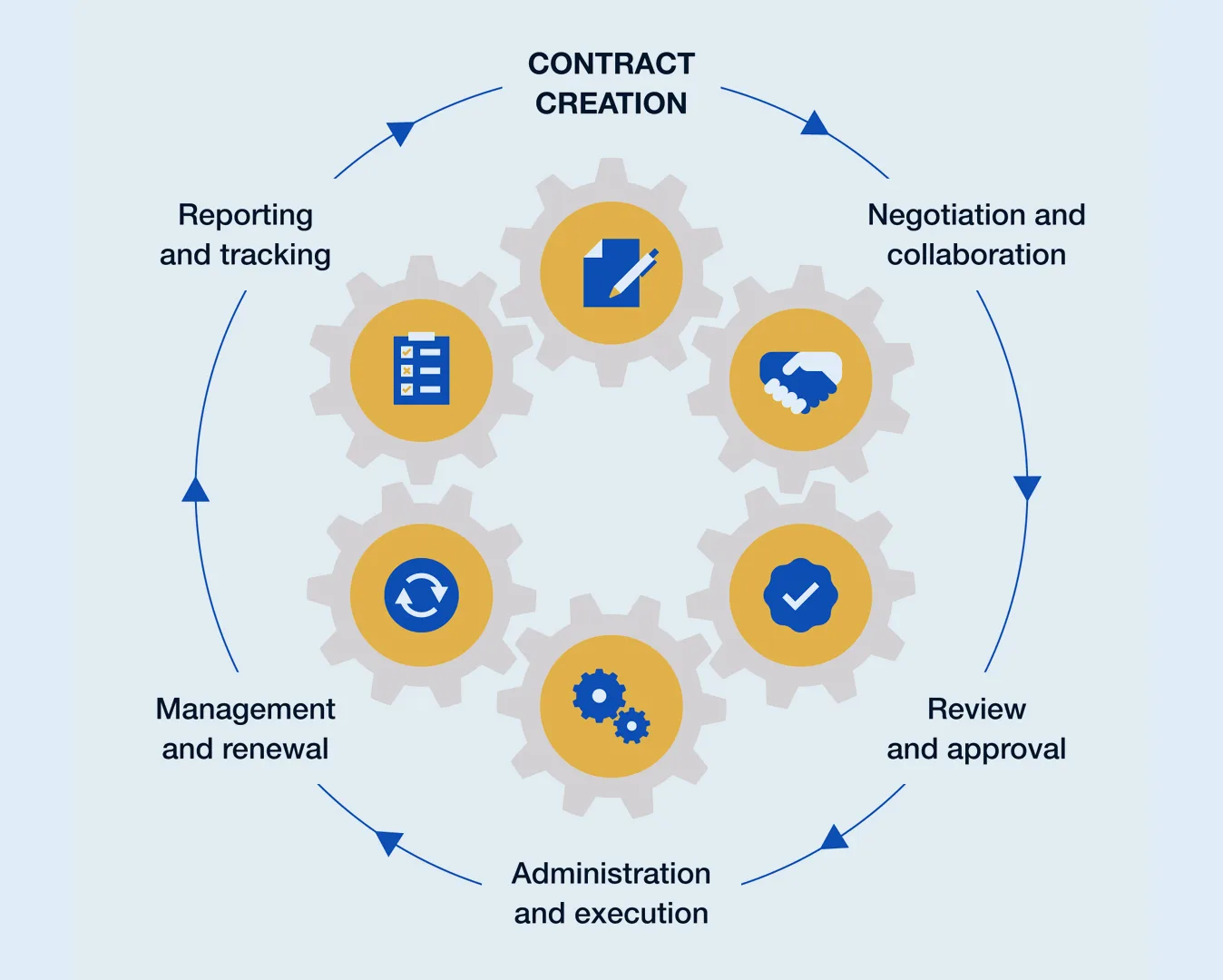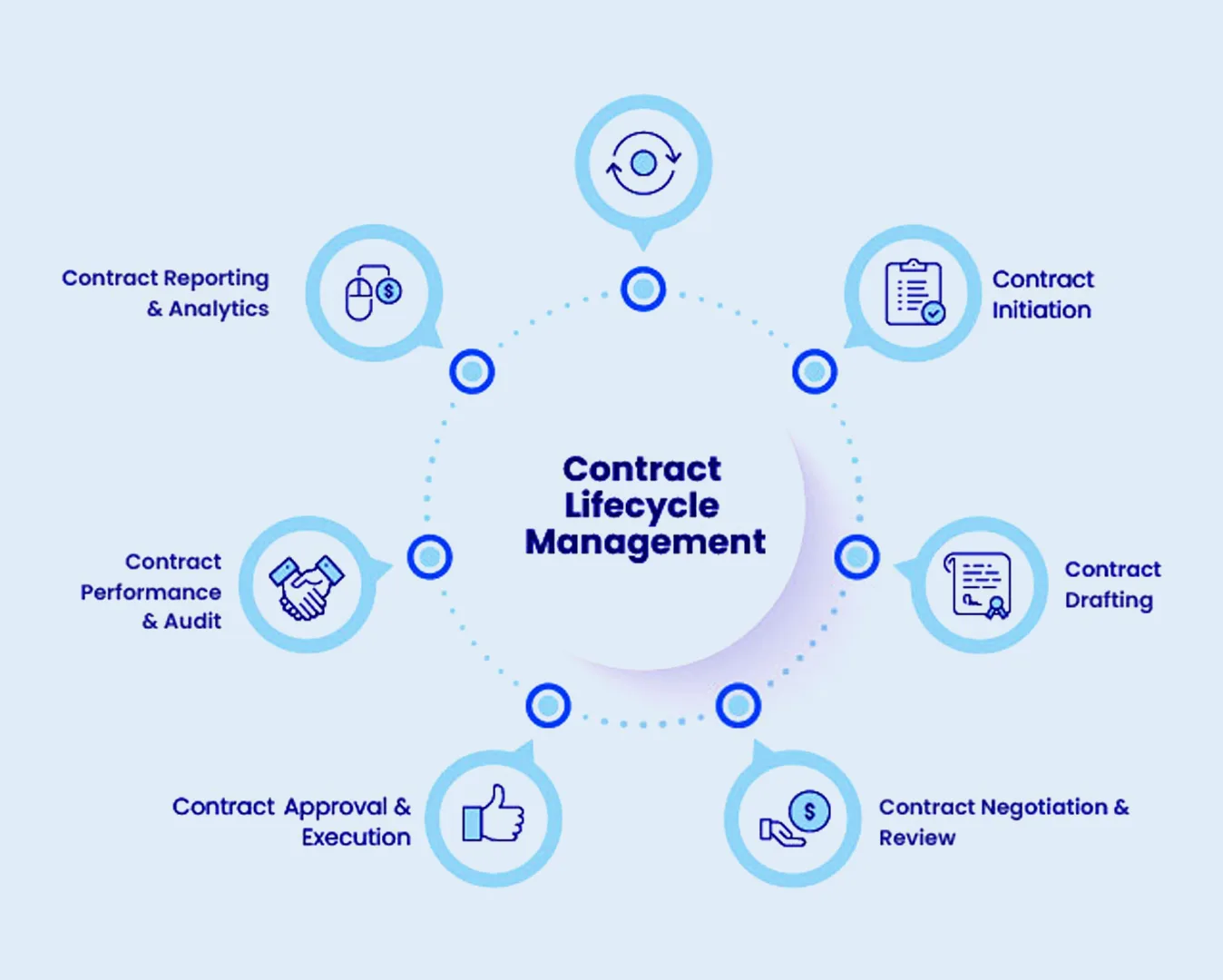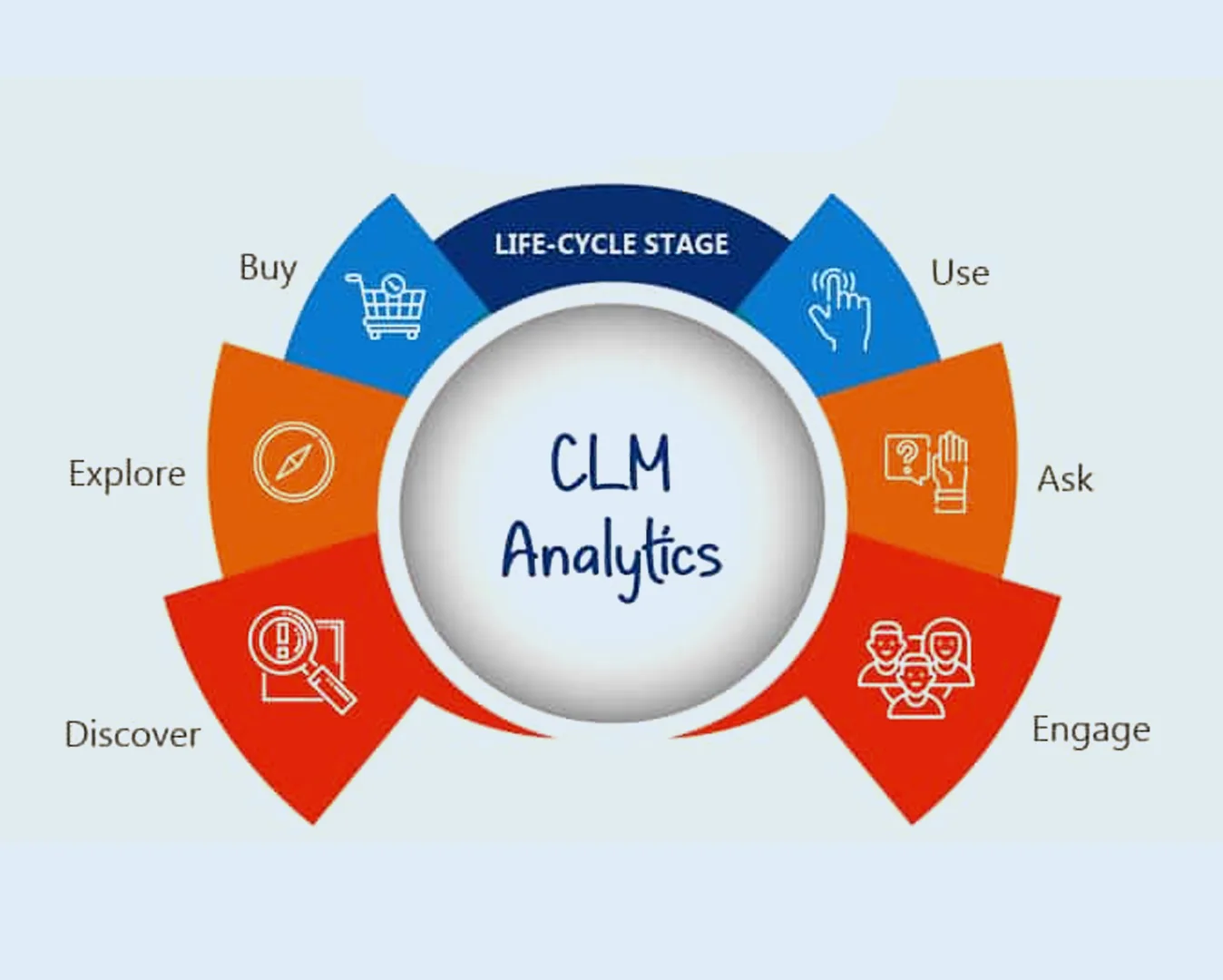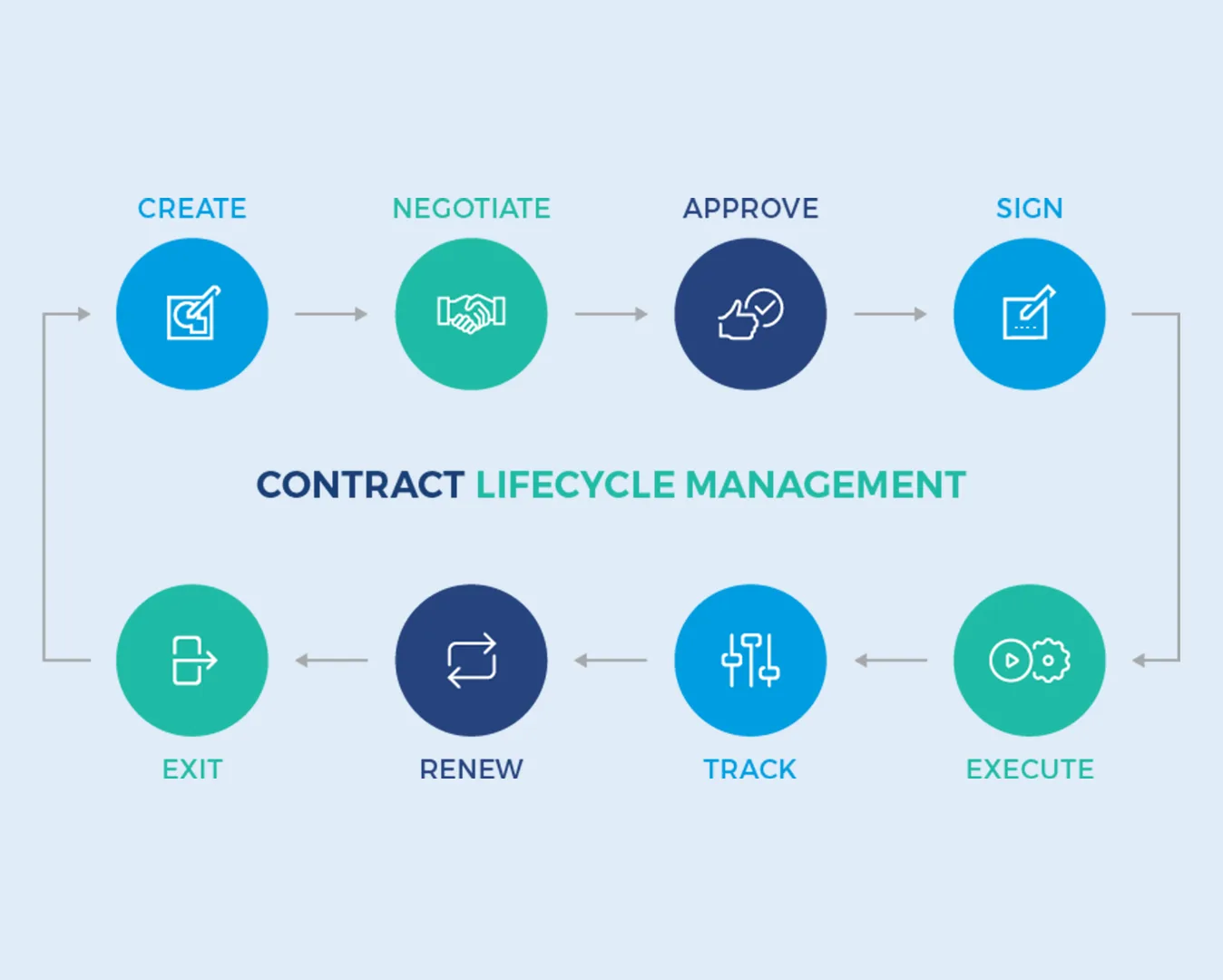
- Streamlined Procurement: CLM systems can help in streamlining the procurement process by automating the creation, negotiation, and approval of contracts with suppliers. This includes standardizing terms and conditions, managing pricing agreements, and ensuring compliance with procurement policies.
- Supply Chain Visibility: Integration with supply chain management systems allows manufacturers to have better visibility into their supply chain contracts. This includes monitoring supplier performance, tracking delivery schedules, and managing inventory agreements.
- Quality Assurance and Compliance: Ensure that the CLM system supports quality assurance and compliance requirements in the manufacturing industry. This may involve incorporating clauses related to product specifications, testing procedures, and industry-specific standards.
- Product Lifecycle Management (PLM) Integration: For manufacturing companies, integrating CLM with PLM systems is crucial. This ensures that product development, manufacturing, and contractual aspects are aligned. Changes in product specifications should trigger updates in corresponding contracts.
- Collaboration with Partners: Manufacturers often collaborate with various partners, including suppliers, distributors, and subcontractors. A CLM system facilitates better collaboration by providing a centralized platform for communication, document sharing, and negotiation.
- Warranty and Maintenance Contracts: Manufacturing involves the production of durable goods often covered by warranties and maintenance agreements. The CLM system should support the creation and management of such contracts, including tracking warranty periods and service level agreements.
- Comprehensive Reporting and Analytics: Manufacturers can leverage CLM system analytics to gain insights into contract performance, supplier relationships, and areas for improvement. Reporting capabilities should support decision-making and strategic planning.
- Risk Management: Identify and manage risks associated with manufacturing contracts, such as supply chain disruptions, quality issues, or changes in regulatory requirements. The CLM system should have features for risk assessment and mitigation.
- Compliance with Industry Standards: Manufacturing is subject to various industry standards and regulations. The CLM system should be configurable to accommodate these standards, ensuring that contracts adhere to specific industry requirements.
- Integration with ERP Systems: Integration with Enterprise Resource Planning (ERP) systems is essential for a seamless flow of information. This includes synchronization of contract data with financial modules, inventory management, and other relevant ERP components.
- Training and Change Management: Provide comprehensive training for employees involved in contract management. Change management strategies should be in place to address any resistance and ensure a smooth transition to the new CLM system.
- Scalability: Manufacturers often deal with a high volume of contracts. The CLM system should be scalable to accommodate the growing number of contracts and adapt to the evolving needs of the manufacturing business.
Implementing a CLM system in the manufacturing industry requires a thorough understanding of industry-specific processes, regulatory requirements, and collaboration dynamics. Customization, integration, and ongoing support are key to a successful implementation that delivers tangible benefits to the manufacturing organization.



